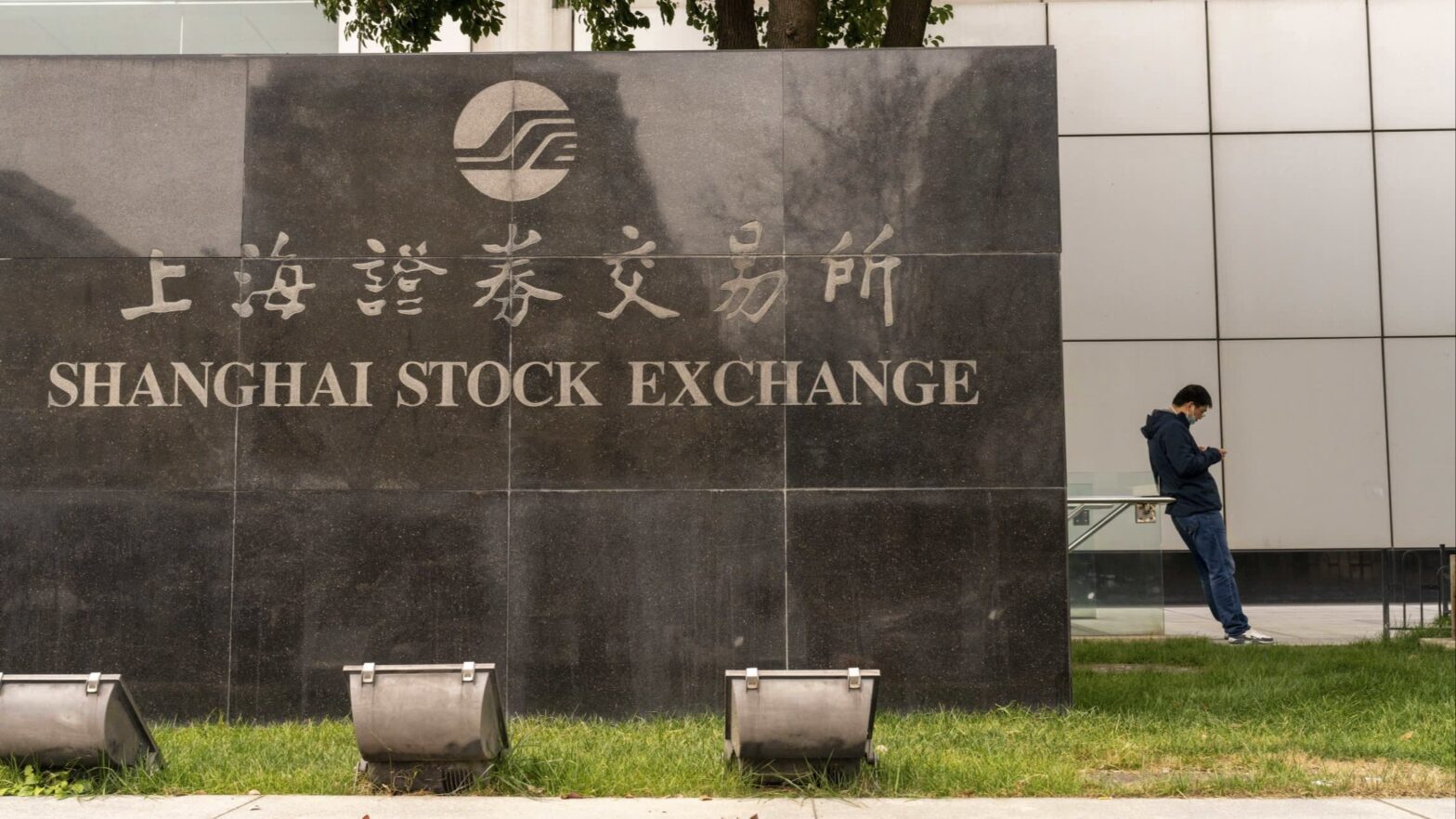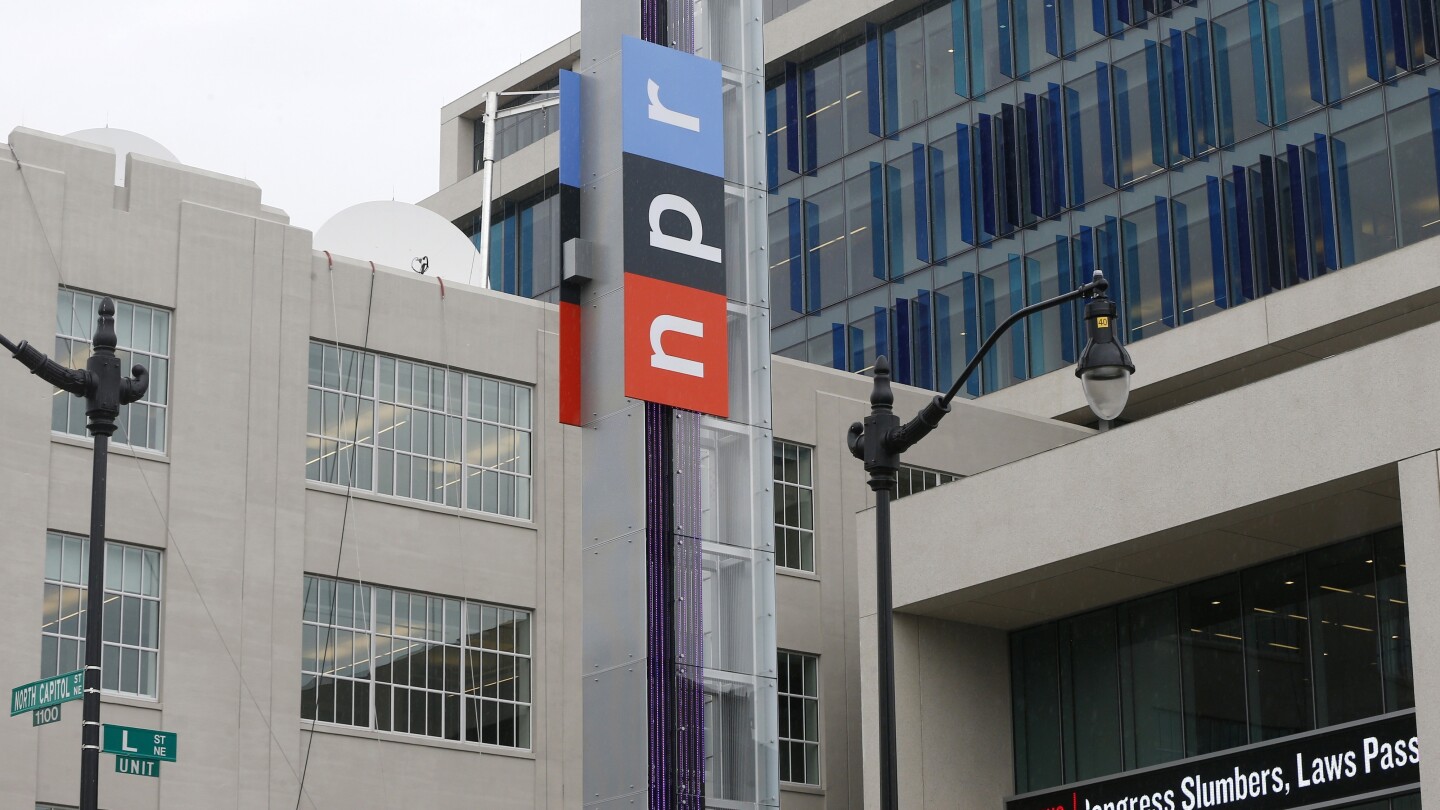Unlock stock picks and a broker-level newsfeed that powers Wall Street.
Updated 1 min read
In This Article:
US stocks were little changed on Tuesday after a solid day in the green for the major gauges, as investors weighed whether President Trump would temper his plans for upcoming tariffs.
The benchmark S&P 500 (^GSPC) and the tech-heavy Nasdaq Composite (^IXIC) gained more than 0.1%. The Dow Jones Industrial Average (^DJI) hovered near the flatline.
Uncertainty about the scope of Trump’s upcoming tariffs has investors treading carefully. Stocks soared on Monday amid signs the administration could scale back reciprocal duties due on April 2, with the president saying he “may give a lot of countries breaks.”
At the same time, though, Trump said fresh tariffs on the pharmaceutical and auto sectors are coming in the “near future.” And in another abrupt salvo, Trump on Monday said the US would impose a “secondary tariff” on any country that buys oil or gas from Venezuela.
Meanwhile, worries about a risk of US recession persist as fears of tariffs and federal layoffs make headlines. Investors looking for fresh data on the economy’s health will get readings on consumer confidence and February’s new home sales later Tuesday.
In individual movers, Tesla (TSLA) looked to build on Monday’s 12% surge, wavering in early trading.
Quarterly earnings reports from Lululemon (LULU), GameStop (GME), and Dollar Tree (DLTR) are all due this week, with GameStop set to headline Tuesday’s releases.
LIVE 9 updates
-
Consumer confidence tumbles in March, economic expectations hit lowest level in 12 years
Americans continue to sour on the US economic outlook as uncertainty around President Trump’s policies and higher prices weigh on consumer sentiment.
The latest consumer confidence index reading from the Conference Board was 92.9 in March, below the 100.1 seen in February and the lowest level in more than four years. The expectations index, which is based on consumers’ short-term outlook for income, business, and labor market conditions, ticked lower to 65.2 from 72.9 and remained below the threshold of 80 — which typically signals recession ahead — for the second straight month.
This marked a 12-year low for the expectations index.
“Consumers’ expectations were especially gloomy, with pessimism about future business conditions deepening and confidence about future employment prospects falling to a 12-year low,” Stephanie Guichard, a senior Economist of global indicators at The Conference Board said in the release. “Meanwhile, consumers’ optimism about future income—which had held up quite strongly in the past few months—largely vanished, suggesting worries about the economy and labor market have started to spread into consumers’ assessments of their personal situations.”
Tuesday’s reading is one of several that has showed weakening expectations for the economy among consumers. The growing market fear is that consumer’s feeling worse about the economic outlook could prompt more cautious spending.
But both Federal Reserve chair Jerome Powell and economists have questions whether readings in the “soft” survey data like the consumer confidence index will translate to a deterioration in the “hard” economic data like real consumer spending.
“The relationship between survey data and actual economic activity hasn’t been very tight,” Powell said in a press conference on March 19. “There have been plenty of times where people are saying very downbeat things about the economy and then going out and buying a new car. But we don’t know that that will be the case here. We will be watching very carefully for signs of weakness in the real data.”
-
Stocks rise as investors digest prospects of dial-back in Trump tariff plans
Stocks opened slightly higher on Tuesday after after a surge in the prior session as investors assessed the latest hints from President Trump that reciprocal tariffs next month may not be as wide-reaching as expected.
Then S&P 500 (^GSPC) gained roughly 0.3% while the tech-heavy Nasdaq Composite (^IXIC) rose more than 0.2%. The Dow Jones Industrial Average (^DJI) moved up 0.2%.
On Monday President Trump hinted levies expected on April 2 against imports from other countries may not be as large as the tariffs charged on US goods. That helped solidify the session’s rally as tech stocks soared for a second day in row.
-
Boeing wants Trump to resolve its biggest legal problem
Boeing (BA) stock is up 0.7% premarket just ahead of the opening bell after The Wall Street Journal reported Monday that the plane maker is pushing President Trump’s Justice Department to allow it to withdraw a guilty criminal plea agreement it reached with the Biden administration.
Yahoo Finance’s Alexis Keenan reports:
-
Trump Media partners with Crypto.com for ETFs, stock pops
Trump Media & Technology Group (DJT) stock popped 9% in premarket trading Tuesday after the company announced it was partnering with Crypto.com to launch a series of exchange-traded funds (ETFs) and products.
According to a press release, the ETFs will be available later this year pending regulatory approval and will offer digital assets and securities “with a Made in America focus.”
Trump Media operates the social media platform Truth Social and the streaming service Truth+. In late January, Trump Media said it was expanding into financial services under the Truth.Fi brand.
-
Economic growth is ‘moderating’. But there’s no clear sign of a looming recession.
Yahoo Finance’s Josh Schafer reports:
-
Good morning. Here’s what’s happening today.
-
Chinese tech stocks on brink of correction as likes of Alibaba sink
A roaring rally in China’s top tech heavyweights like Alibaba (BABA, 9988.HK) has hit the brakes, pushing the stocks toward the correction territory where the Nasdaq 100 (^NDX) already lingers.
It’s a sharp reversal of fortunes for the Hong Kong-listed stocks, which have outperformed US tech megacaps as optimism for DeepSeek-like cheaper Chinese AI models grew.
Bloomberg reports:
-
KB Home stock slides after downbeat forecast, earnings miss
Shares of KB Home (KBH) sank 7% in premarket trading after the homebuilder lowered its outlook for the year, as shrinking consumer confidence hits demand.
The company also reported first quarter revenue and profit that missed Wall Street estimates. It posted earnings per share of $1.49, versus $1.57 expected, and a 5.2% fall in revenue.
The company trimmed its projected 2025 housing revenue to $6.6 billion-$7 billion, compared with its previous range of $7 billion-$7.5 billion.
“Consumer confidence has declined sequentially each month for the past several months, and homebuyers are moving more slowly in making their purchase decisions,” CEO Jeff Mezger said on an analyst call after the report.
-
Tesla struggles in Europe’s growing EV market as February sales slump
Tesla’s (TSLA) share of the European market has shrunk in year-on-year data for February. The decline in sales marks the second month in a row that Tesla has seen a drastic drop in European usage of the once-popular electric vehicle.
Reuters reports:



















